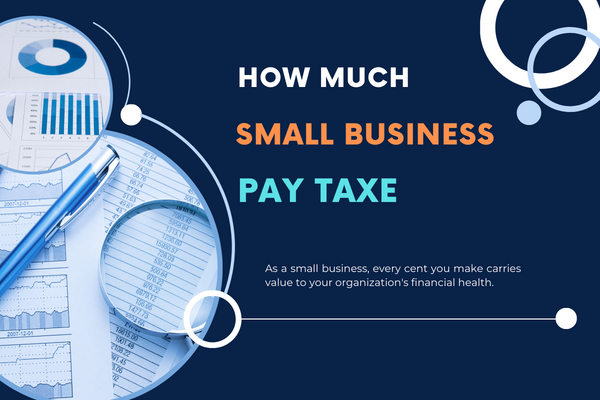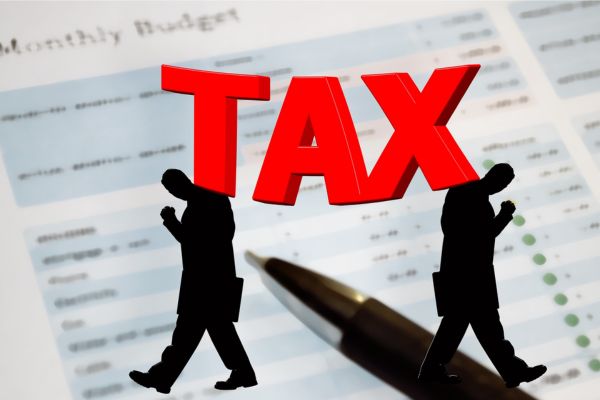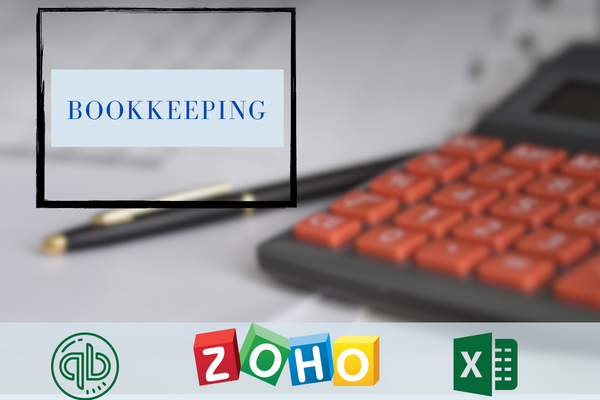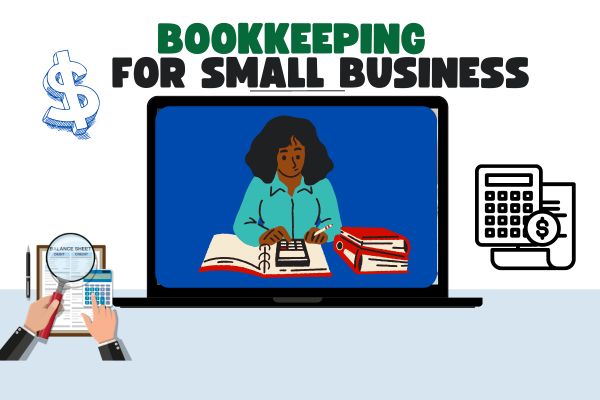One of the crucial aspects that small business owners need to understand is the amount of tax they are liable to pay. Taxes play a significant role in the financial operations of any business, and being aware of the tax obligations is essential for proper planning and compliance. In this article, we will delve into the topic of how much tax a small business pays, exploring the factors that influence tax liability and providing insights into strategies to manage and optimize tax payments.
Understanding Small Business Taxes
Small businesses are subject to various types of taxes, and the amount they pay depends on several factors. The structure of the business, such as whether it is a sole proprietorship, partnership, or company, can impact the tax liability. Additionally, the business’s revenue, expenses, and deductions also play a significant role in determining the amount of tax owed.
Types of Taxes for Small Businesses
Small businesses are typically subject to income tax, which is based on the net profit generated by the business. The income tax rate varies depending on the business structure and the total income earned. In addition to income tax, small businesses may also be responsible for paying self-employment tax, which covers Social Security and Medicare taxes for self-employed individuals.
Apart from these federal taxes, small businesses may have state and local tax obligations as well. State taxes vary based on the location and can include sales tax, payroll tax, and franchise tax, among others. Local taxes may include property taxes or municipal taxes, depending on the jurisdiction.
Factors Affecting Tax Liability
Several factors influence the tax liability of a small business. The first is the business’s revenue or income. Generally, higher revenue translates to higher tax liability. However, business expenses and deductions can offset the taxable income, reducing the overall tax burden. It is crucial for small business owners to maintain accurate financial records and keep track of eligible deductions to optimize their tax payments.
Additionally, the business structure plays a role in determining tax liability. Sole proprietors and partnerships may report business income and expenses on their personal tax returns, while companies are subject to separate corporate tax rates. Understanding the tax implications of different business structures is crucial for effective tax planning.
Tax Planning and Optimization Strategies
Small business owners have various strategies at their disposal to manage and optimize their tax payments. Here are some key approaches to consider:
Record Keeping and Documentation: Maintaining accurate and detailed financial records is essential for claiming deductions and ensuring compliance. Effective record-keeping helps small business owners maximize their eligible deductions and minimize the risk of errors during tax filings.
Claiming Eligible Deductions: Small businesses can take advantage of various deductions to reduce their taxable income. Common deductions include business-related expenses, such as office supplies, travel expenses, marketing costs, and professional fees. It is essential to consult with a tax professional to identify all eligible deductions and ensure compliance with tax regulations.
Utilizing Tax Credits: Tax credits are a powerful tool for reducing tax liabilities. Small businesses should explore available tax credits, such as research and development credits or energy efficiency credits, to maximize their savings.
Proactive Tax Planning: Small business owners should engage in proactive tax planning throughout the year, rather than waiting until tax season. By monitoring income and expenses, forecasting tax liabilities, and implementing tax-saving strategies, businesses can better manage their tax obligations.
Seeking Professional Advice: Taxes can be complex, and seeking the guidance of a qualified tax professional or accountant is crucial for small business owners. Professionals can provide expert advice, help identify deductions and credits, and ensure compliance with tax laws.
How Do Small Businesses Pay Taxes?

Small businesses have various methods to pay taxes based on their business structure and revenue. Sole proprietors and partnerships typically report their business income and expenses on their personal tax returns using a Schedule C form. They pay taxes on their net profit, which is the income minus deductible expenses. Limited liability companies (LLCs) can choose to be taxed as either a sole proprietorship, partnership, or corporation. If an LLC elects to be treated as a corporation, it must file a separate corporate tax return and pay taxes on its profits. Corporations, whether they are C corporations or S corporations, must file their own tax returns. C corporations pay taxes on their profits at the corporate level, while S corporations pass their income and losses through to shareholders, who report them on their individual tax returns. Regardless of the business structure, small businesses may be required to make estimated tax payments throughout the year to avoid penalties for underpayment. It is advisable for small business owners to consult with a tax professional or accountant to ensure compliance with tax laws and to optimize their tax strategy.
How Do Small Business Owners Pay Taxes?
Small business owners have several methods to pay taxes depending on their business structure and income. If the business is a sole proprietorship, the owner reports the business income and expenses on their personal tax return using a Schedule C form. They pay taxes on the net profit, which is the income minus deductible expenses. Partnerships follow a similar process, with each partner reporting their share of the business’s income and expenses on their personal tax return. Limited liability companies (LLCs) can choose to be taxed as a sole proprietorship, partnership, or corporation. If treated as a corporation, the owner must file a separate corporate tax return. Corporations, such as C corporations or S corporations, also file their own tax returns. C corporations pay taxes on profits at the corporate level, while S corporations pass income and losses through to shareholders, who report them on their individual tax returns. Small business owners should consult with a tax professional or accountant to ensure compliance with tax regulations and develop an effective tax strategy that minimizes their tax liability.
What Other Taxes Does a Business Pay?
businesses may be subject to various other taxes depending on their location and business activities. One common tax is the employment tax, which includes Social Security and Medicare taxes. Businesses are responsible for withholding these taxes from employees’ wages and also contributing a matching amount. Sales tax is another important tax for businesses that sell goods or services. It is typically collected from customers at the point of sale and remitted to the appropriate tax authority. Property tax is levied on the value of a business’s real estate and personal property. Some jurisdictions also impose excise taxes on specific goods or services, such as fuel, alcohol, or tobacco. Additionally, businesses may be required to pay franchise taxes, which are typically based on their legal structure or income. It’s crucial for business owners to be aware of their tax obligations and consult with tax professionals to ensure compliance and accurate reporting of these various taxes.
Conclusion
Understanding the amount of tax a small business pays is essential for effective financial planning and compliance. By grasping the factors that influence tax liability.



